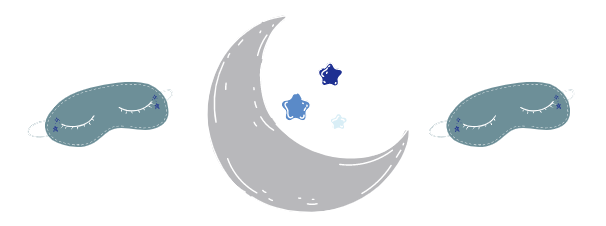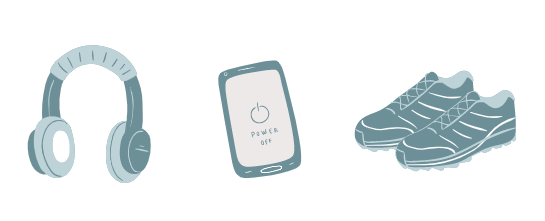Travel and sleep do not always go hand in hand. Whilst travelling for holiday, the lack of sleep you may experience can be annoying, but when travelling for business travel, it can pose a serious problem.
This unknown or unfamiliar environment can create issues for your body and can have negative effects on your sleep and sleep quality. There can be several factors that can cause sleep disruption when you are away. These factors can include:
- Uncomfortable bed
- Poor pillow/mattress quality
- The temperature of the sleeping environment
- The noise of the sleeping environment
- The lighting of the sleeping environment
To name a few!
What are the consequences of disrupted travel during sleep?
Sleep is an essential function that allows your body to reset and recharge, leaving you feeling refreshed, renewed and hopefully alert. Without sleep, your brain cannot function and in turn, can impair your abilities to concentrate and think properly.
On average, most adults require between 7 and 9 hours of sleep per night, whereas children and teenagers require more.
Studies have shown sleep deprivation leaves people vulnerable to attention lapses, reduced cognition, delayed reactions, and mood shifts. Whilst travelling and staying away for work, a good nights sleep can be difficult to achieve. This can cause physical, mental and emotional harm. The lack of sleep or sleep deprivation can slow your thinking, increase drowsiness, increased irritability, decreased energy.

What can travellers do to help?
Try making some positive changes and create some healthy habits to help you sleep better when you are away from home. These changes can include:
- Ditch the screens! – Try to minimise your distractions, put down the screen and focus on other things before bed. Try reading a book, writing in a journal or listening to music. All can help you relax and unwind before sleep and can improve your sleep quality.
- Battle the jet lag! – travelling across time zones harms our body and confuse sleep patterns. If crossing multiple time zones, try to acclimatise your body to your new time zone slowly, before you fly. When boarding, change your watch/clock to the new time zone to help your body adapt.
- Lay low on caffeine in the hours leading up to bedtime.
- Drink plenty of fluids.
- Maintain as many “home” routines and habits as possible.
- Set boundaries between work and non-work time (this includes the use of technology such as work email, work mobile phone, etc).
- Make space for downtime, rest and recuperation.
- For long term guests, schedule in time to connect with family, friends and colleagues.
Abide by the two-day rule. “If you’re going to be staying somewhere fewer than two days, try and keep to your own schedule. By the time your body adapts, it’ll be time to come home,”

What can employers do to help?
- Select travel plans carefully – if flying, always try and book flights that won’t alter your regular sleeping patterns. Avoid late-night or red-eye flights where you can!
- Don’t book the budget basics – Booking the budget basic accommodation can lead to lower quality beds, mattresses, rooms which can cause disrupted sleep.
- Don’t apply too much pressure – Employees also often experience pressure to complete the work of their usual workload in addition to that originating from the trip. Carefully monitor the travelling employee’s workload and making sure it is shared where necessary.

Interested in finding out more about Business Traveller Wellbeing? Take a look at our blog!

